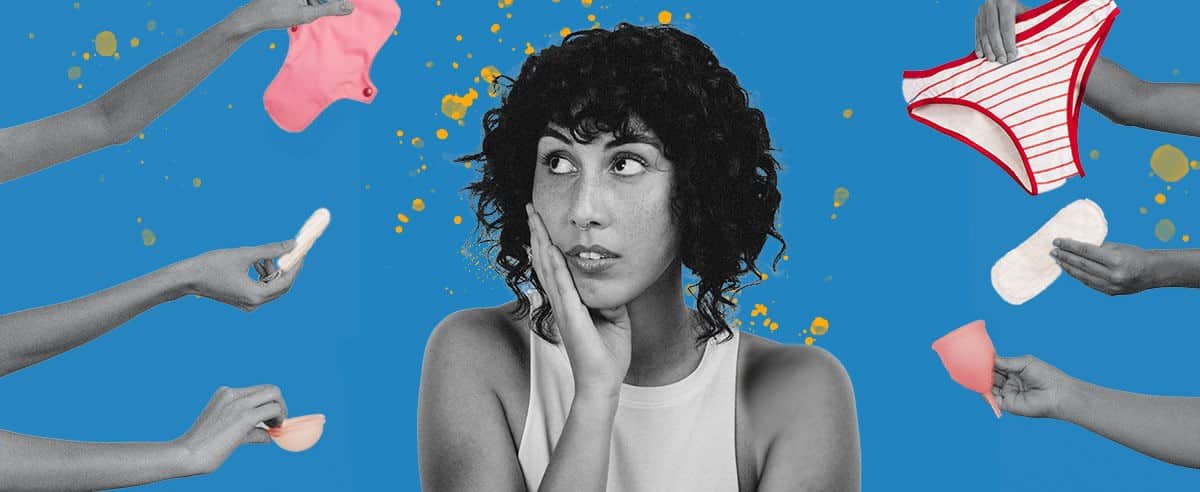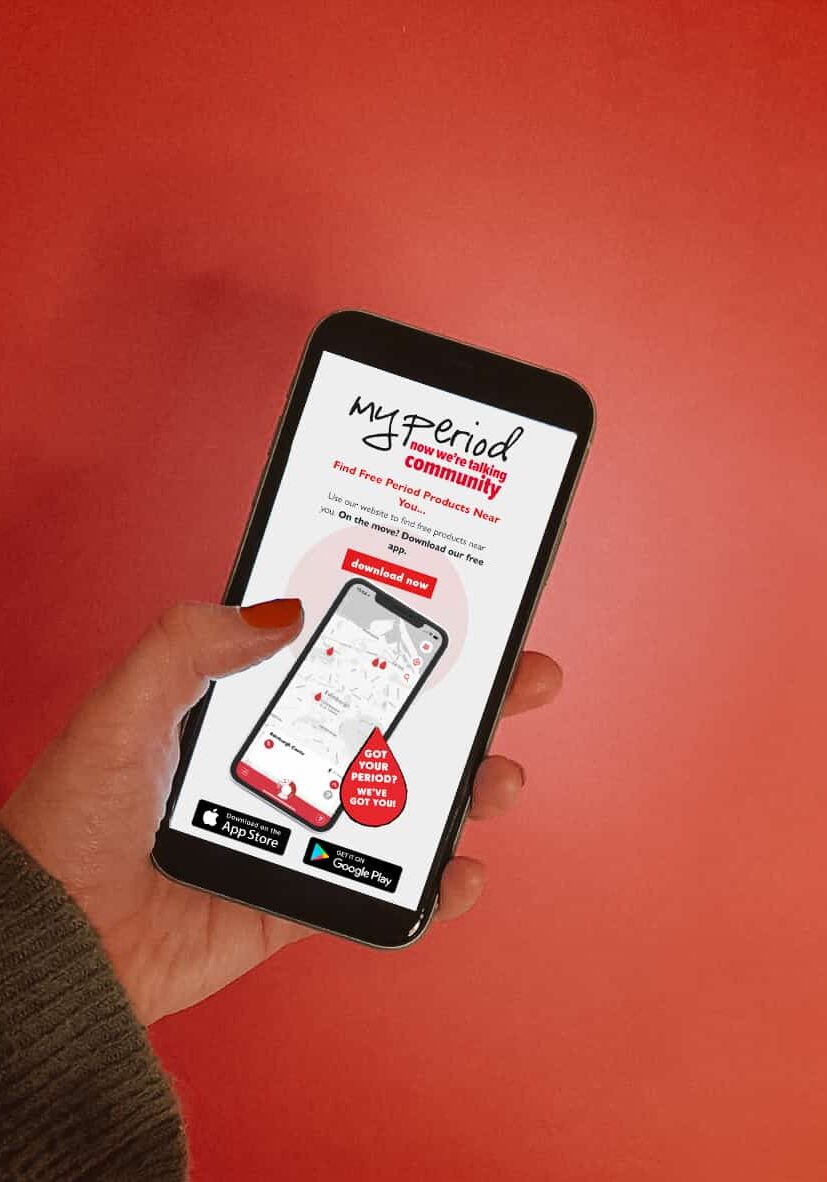Having access to menstrual products, hygiene facilities, waste management, and education are basic needs. But for many across Europe period poverty is still an issue. Currently 1 in 10 girls within the EU cannot afford sanitary products, but a change is coming. Many countries across the continent are now taking radical steps to tackle this issue such as reducing the 'tampon tax', and providing the right to menstrual leave.
In August 2022 a revolutionary law was passed in Scotland - a law that is set to empower women and girls throughout the country - enabling everyone the right to free sanitary products. But almost 12 months on since its passing, what impact has this Act already had in Scotland? How is it breaking down barriers and promoting equality? Director of Tackling Child Poverty and Social Justice in the Scottish Government, Shirley Laing discusses.
In August 2022, Scotland took the historic step of becoming the first country in the world to protect, in law, the right to access free period products for everyone who needs them. Coming into force in 2022, the bill was passed unanimously by the Scottish Parliament in 2020, because Members believed that having access to free period products is fundamental to dignity, equality and human rights.
Why act now?
Concern over access to essential period products is an issue not just confined to Scotland, but one felt by people around the world every day.
As the Scottish Government aims to create a fairer, more equal, society, Ministers saw a real opportunity to make a positive change on this important issue. They believe no-one should have to suffer the indignity of not having the means to meet their basic needs.
The Scottish Government became a world leader when it began to fund access to free period products across all schools, colleges and universities in 2018. It extended this to a range of public settings and through community groups supporting people on low incomes in 2019.
The Period Products (Free Provision) (Scotland) Act 2021 (the Act) came into force on 15 August 2022 and places duties on Scotland’s local authorities and education providers, ensuring that everyone in Scotland can have reasonably easy access to a range of free period products, as, and when they are required.
Impact on equality of opportunity
With the Act still in its infancy, time is required to allow the policy to fully embed before we see its true impact. However, from our baseline survey findings report, completed before the Act came into force, there is evidence of need for free provision of period products, to support equality and dignity for all. This was especially relevant for respondents struggling to afford products, who were most likely to be living in lower income households, disabled, unaware of access to free period products and/or living in rural areas.
The survey also highlighted the effect on people’s mental health with some experiencing worry and anxiety about their monthly spend on period products, as well as embarrassment when buying period products. The negative impact of not being able to buy sufficient products to meet their needs meant some people were turning to alternatives, such as using toilet paper or wearing products for longer than recommended.
For people who had accessed free period products through the provision in place before the Act, these were seen to contribute positively to people’s wellbeing, as they felt more able to continue with their day-to-day activities and less worried about their periods and household finances.
We intend to replicate this survey in 2025 to allow us to evaluate the impact the Act has had.
Creating a stigma free environment
The Scottish Government want people to live a life that is free from stigma, shame and worry when having their period. While baseline survey findings suggest there is a positive culture surrounding menstruation, it also identified ongoing concerns around periods and period products.
This was particularly true amongst young people and those living in low income households who were more likely to report embarrassment when obtaining period products for free. This suggests an issue of continuing stigma and the need for cultural change.
In 2020 the Scottish government undertook an anti-stigma campaign that helped challenge the stigma around periods and encouraged more people to talk openly about them. Through the Act, we also see real opportunity to help address stigma by making sure that products are reasonably easy to obtain in places where people are comfortable accessing them and in a way that respects their dignity. Information is also made available on how and where free products can be accessed, including through a free app, PickupMyPeriod, helping normalise the visibility of products and tackle the stigma.
Raising awareness of menstrual health
While the Act does not cover, or aim to address, wider aspects of menstrual health, the Scottish Government is taking steps, through our Women’s Health Plan, to improve access to consistent, reliable and accessible information.
This includes launching a Women’s Health Platform on NHS Inform, which is the primary source of information relating to health, wellbeing and NHS Services for people in Scotland. The platform contains information on a range of issues including periods and period products. It also aims to empower people to understand their bodies and make informed decisions about their health, supporting our ambition to reduce stigma around menstruation.
Menstrual health is also covered in our resources for teachers on Relationships, Sexual Health and Parenthood, covering the issue in an age appropriate way at each stage of the curriculum.
Next steps
As the Act approaches its first anniversary of coming into force, the Scottish Government remains committed to its successful delivery. We are learning from best practice and continue to share our experience with other countries from across the world.
NB: For the purpose of this article the terms, 'women' and 'girls' are used to refer to the sex assigned at birth. You can find more information on EuroHealthNet's approach to Gender, Equality and Diversity by clicking here.

Shirley Laing
Shirley Laing is the Director of Tackling Child Poverty and Social Justice in the Scottish Government, with responsibilities across a range of areas including access to free period products. Shirley has worked across a range of policy areas including rural, health, education, children and families and the Scottish Prison Service.

